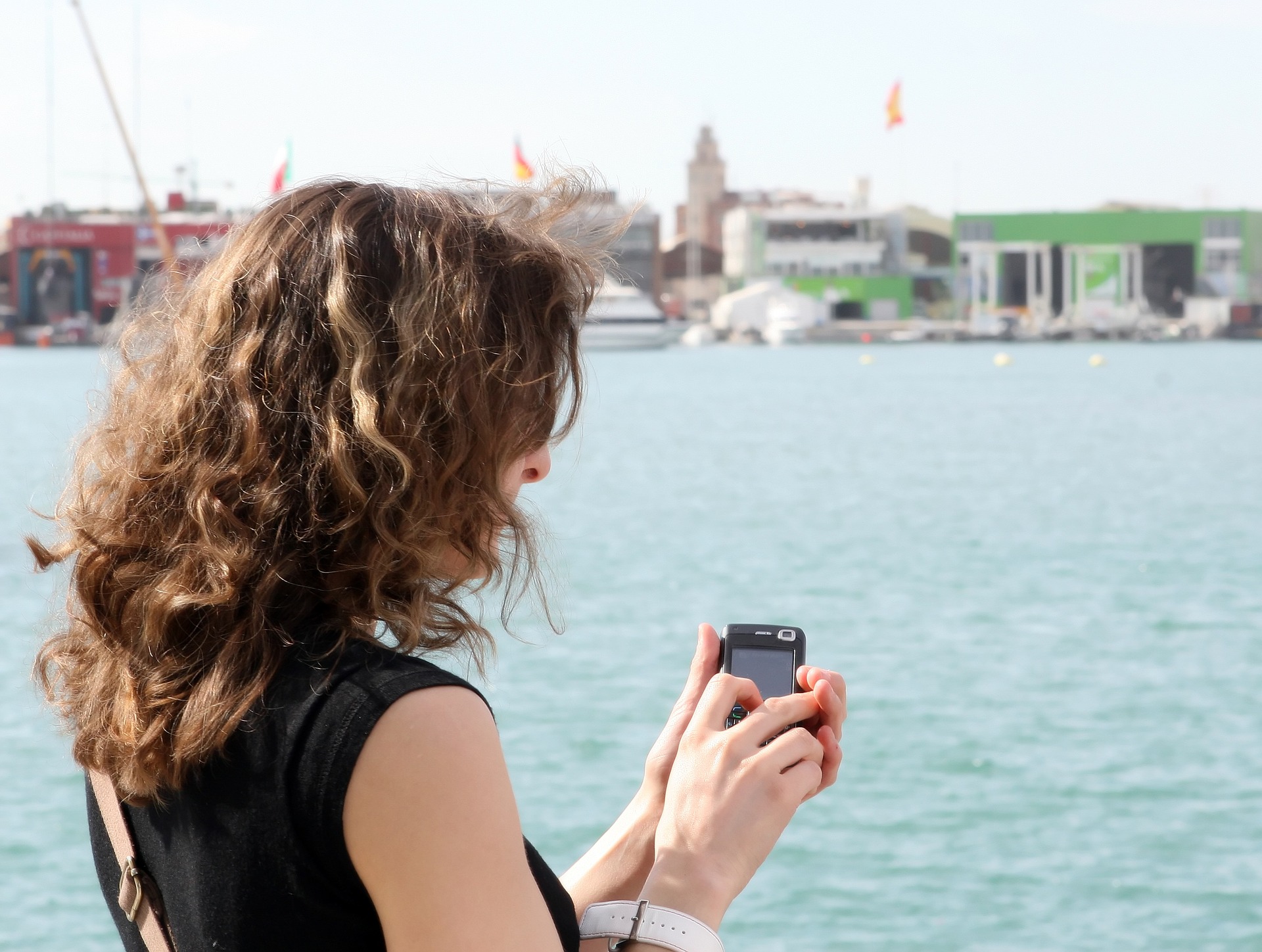Pandemic Response Security Guards involve the use of security forces to deal with a highly contagious disease. The aim is to reduce the threat posed by such an outbreak before it becomes a full-blown public health disaster. While there is great debate over whether the use of such personnel is necessary to prevent a widespread epidemic, there is no arguing that their presence will help contain the situation when it does occur. The purpose of this article is to explain what the mission of these types of units is. In addition, the goal is to provide you with the knowledge you need to determine if you would want to engage the services of Pandemic Response Services in assisting you with a public health emergency in the future.
So, just what exactly is Pandemic Response Services? Pandemic Response Services is organizing as part of the Department of Health to address the increasing threat posed by contracted viral diseases. These contracted illnesses can rapidly spread from one person to another once they are diagnosed. A pandemic is a highly preventable condition, but because it is easily contracted, the Department of Health cannot stop it.
The priority of any medical response service is to make sure that every individual has a proper diagnosis and that every case is quickly assessed and treated. This is necessary for standard procedures such as blood tests and stool samples and the accurate identification and treatment of each case. This is especially critical in the event of a critical illness or injury, where the duration of time without care may be very short.
In addition, while most severe acute illnesses can be treated successfully in an emergency room setting, there are few illnesses or injuries that cannot be successfully treated in an emergency room setting. Therefore, having Pandemic Response Security Guards that can rapidly identify and rapidly treat any cases requiring emergency attention makes a critical difference in the overall success of any pandemic response. While effective treatment can be administered, it is crucial for security guards to properly distance themselves from contaminated individuals. Properly trained security guards can do this by wearing bodysuits with full-length sleeves and closed-toe shoes, among other protective clothing.
The need for rapid communication and information sharing between first responders and affected communities should be at the forefront of all Pandemic Response Service plans. Proper training in essential health-related matters can ensure that all Pandemic Response Security Guards are aware of the critical importance of treating any open wounds, handling contaminated objects, and ensuring personal hygiene practices are observed.



